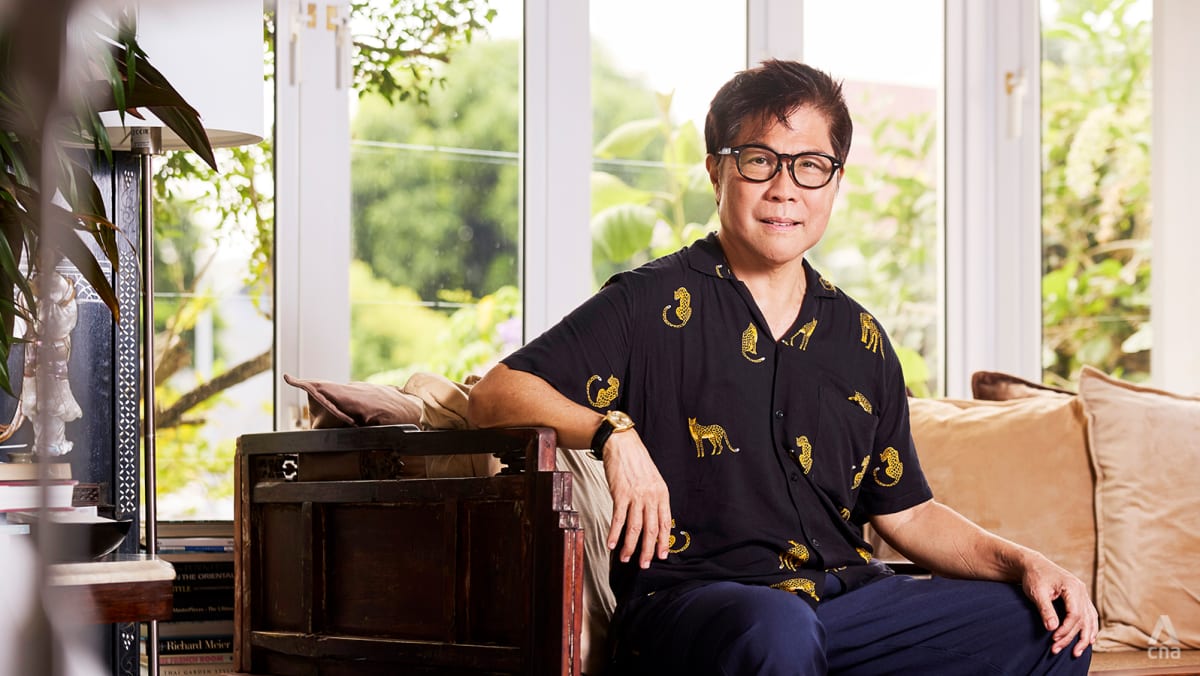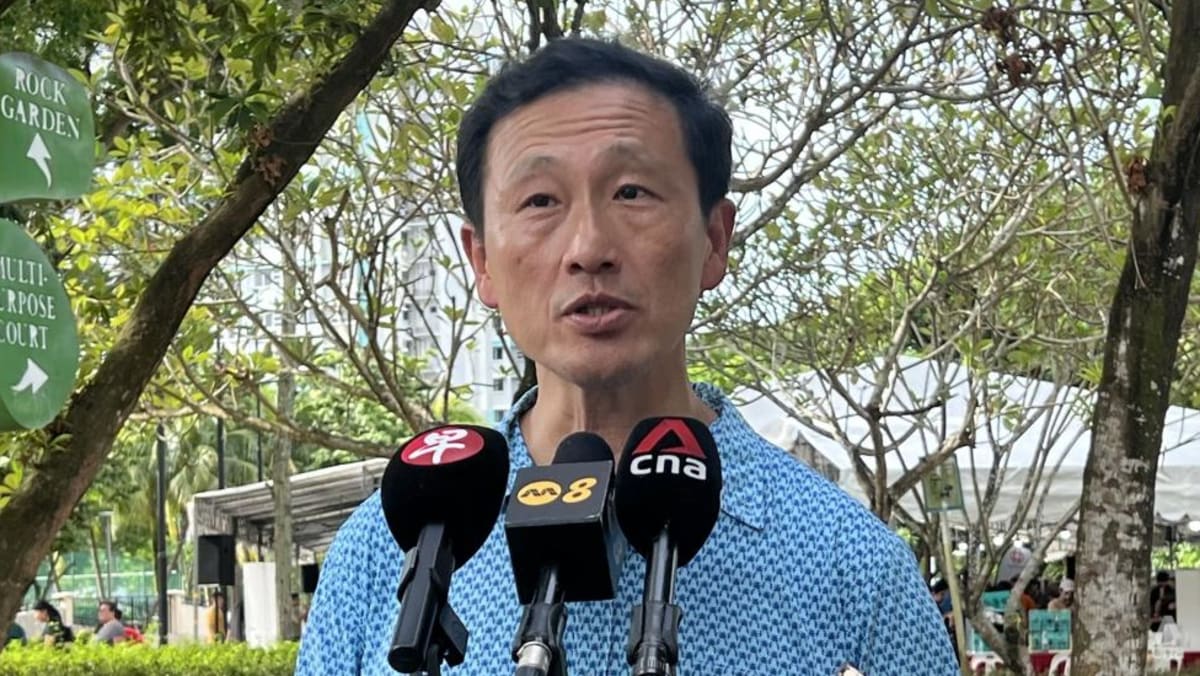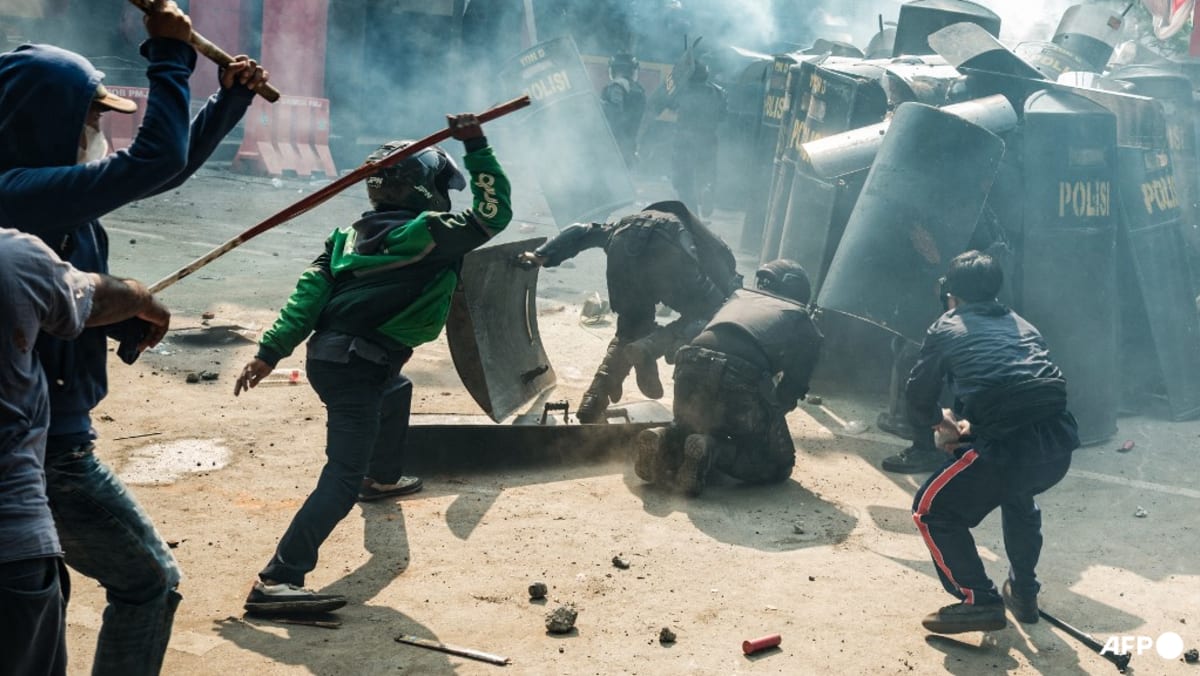For Alice Choo was no ordinary Peranakan cook. As a fifth-generation Baba, Lim traces both sides of his family to Penang and Melaka, but Choo’s lineage was particularly complex, weaving Vietnamese and Thai into the Malaysian influences. Having learned her craft from her own mother, Choo marinated all these influences into something distinctly her own. The Penang heritage brought heavier use of lemongrass and blue ginger to her cooking. The Melaccan tradition contributed more onions and sweetness. Which explains why Choo’s versions were a little sweeter and more sour than typical Peranakan dishes.
Lim began learning at her side when he was 12, his palate slowly trained to understand not just flavours but the precise ratios that made his mother’s food singular. Like Choo, he learned to cook by sight, sound, and smell – watching for the exact colour of cooking meat, listening for the volume of a bubbling stew, waiting for that moment when the fragrance of frying rempah turned just so.
Yet for all this technical virtuoso, neither of them considered this food particularly special. This was simply the repast of their daily lives, nothing more remarkable than breathing.
So much so that the preservation of Choo’s repertoire began almost by accident, years later when Lim lived in London. During Choo’s visits, mother and son would find themselves at the kitchen table, chatting over tea, and she would rattle off recipes from memory while Lim, almost absent-mindedly, began jotting them down on scraps of paper. It was painstaking deductive work. Recipes called for “20 cents of grated coconut”, say, or required the rempah to be fried till fragrant, with no further elaboration.













